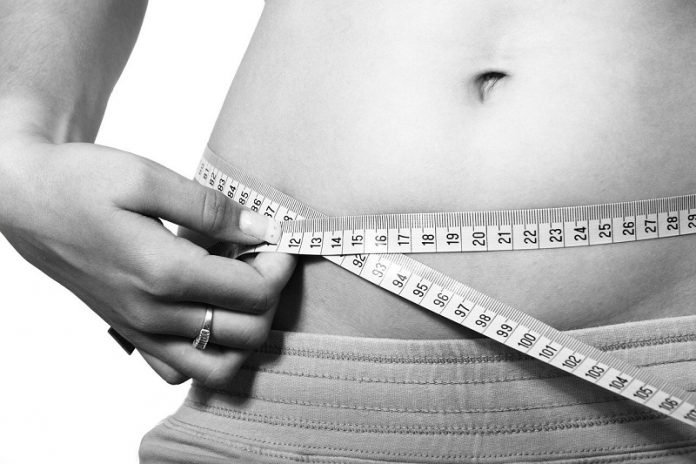
In a study from Maastricht University, scientists found that if you lose weight too fast, you may lose more muscle than when you shed excess pounds more slowly.
They put 25 people on a five-week very-low-calorie diet of just 500 calories per day. Another 22 volunteers went on a 12-week low-calorie diet of 1,250 calories per day.
The team found that right after the end of their diets, both groups had similar levels of weight loss.
The average weight loss was a little over 19 pounds among those on the very-low-calorie diet and just under 19 pounds among those on the low-calorie diet.
The researchers then looked at the loss of fat-free mass, which includes all the tissue in the human body, except fat. The major tissues are blood, bones, organs, and muscles.
However, the mass of the organs, blood, and bones does not change during dieting. Therefore, changes in fat-free mass during dieting are mainly due to changes in muscle mass.
Participants on the very-low-calorie diet had lost about 3.5 pounds of fat-free mass, compared with 1.3 pounds among those on the low-calorie diet.
The team found fat-free mass accounted for 18 percent of weight loss in the very-low-calorie diet group and 7.7 percent of weight loss in the low-calorie diet group.
Four weeks after the end of their diets, reductions in fat-free mass averaged 1.8 pounds among those in the very-low-calorie diet group and 0.7 pounds among those in the low-calorie diet group.
Fat-free mass accounted for 9.4 percent of weight loss in the very-low-calorie diet group and 2.9 percent of weight loss in the low-calorie diet group.
These findings suggest that loss of fat-free mass was higher after rapid than slow diet-induced weight loss with similar total weight loss.
However, the team also pointed out that muscle loss among people in the very-low-calorie diet was likely overestimated immediately after they completed the diet, compared with four weeks later.
This is likely because they had a larger loss of water and glycogen (a natural form of sugar in the body) when they had just completed the diet than four weeks later.
If you care about weight loss, please read studies about exercise that has unique benefits for weight loss, and these eating habits could cause too much weight gain.
For more information about wellness, please see recent studies about new guidance for exercise in type 2 diabetes, and results showing vitamin D3 could help people fight COVID-19 and other infections.
The study was presented at the European Congress on Obesity and conducted by Roel Vink et al.
Copyright © 2022 Knowridge Science Report. All rights reserved.



